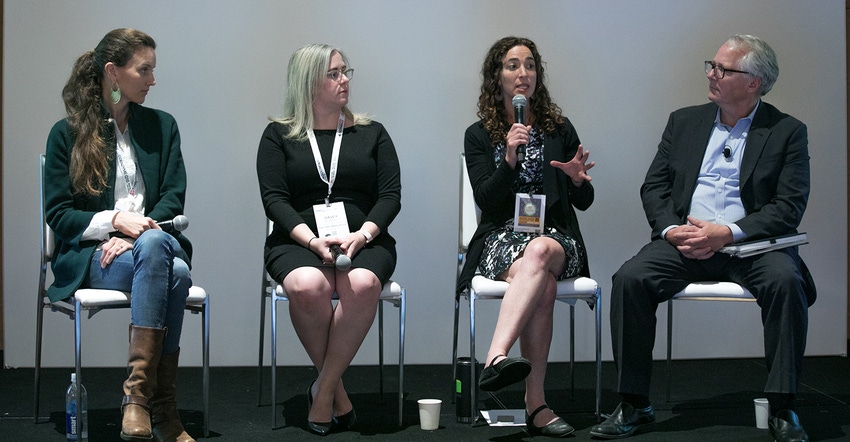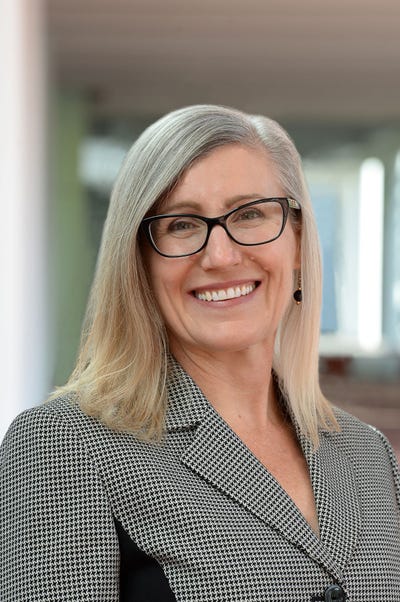Focusing on transparency and education can offer a path forward that puts consumer health, safety and personal choice as the baseline.

It’s been 25 years since the original introduction of the Flavr Savr tomato, and the conversation around genetic engineering, genetically modified organisms (GMOs) and biotechnology has shaped the natural, organic and mainstream food industry. At the same time, technology itself has evolved, leading to a discussion around what exactly it means to be modified, at what point in production, and where consumer education fits in.
During the SupplySide West workshop “Unraveling the Biotech Conundrum,” Davey McHenry of the Hartman Group shared recent findings from the market research firm that consumer awareness of GMOs is universal, while nearly half of consumers state they actively avoid them. Their reasons range from concern about the possible impact on their health, to potential environmental impact, to a desire to know what goes into the food they eat and what GMOs are.
That desire for transparency is evident when looking at sales of products carrying the Non-GMO Project seal. Megan Westgate offered SPINS data showing retail sales of Non-GMO Project Verified products are up 30% in the past three years, reaching more than $30 billion by 2Q 2019. Similar to Hartman’s findings, a study conducted by Non-GMO Project with Free From Forum reported the top reasons for prioritizing non-GMO when selecting foods are concerns about it being not “natural” and safety.
The risk that Westgate called out is that there is less transparency about products being created through newer gene editing techniques, where the input isn’t transgenic so may be marketed as non-GMO. Alan Lewis of Natural Grocers reviewed a few of the techniques including biosynthesized ingredients that are produced using GM fermentates; CRISPR gene editing; RNAi switching; and digital DNA. And Frank Lampe of United Natural Products Alliance (UNPA) cited just a few of the supplement categories that are seeing ingredients developed using these types of techniques, including stevia, turmeric, ginseng, resveratrol and probiotics.
Dana Perls, senior food policy campaigner with Friends of the Earth, similarly called out concerns about these types of ingredients being sold without transparent labeling in a previous INSIDER contribution and in a podcast, specifically offered guidance around the types of questions that an ingredient buyer could ask to ensure they receive ingredients that clearly identify how they’re produced.
During the SupplySide West session, Perls and Westgate discussed the importance of developing affidavits for non-testable GMOs, even as development of tests for new GMOs, such as products of gene editing, is actively underway. Westgate stated: “A simple ‘non-GMO’ statement is far from adequate in today’s environment; it will not provide the information and confidence you need to maintain consumer trust.”
Instead, she offered guidance on the type of content and definitions to include, using the Codex Alimentarius definition of biotechnology, and referring to specific techniques and terms with scientific and common names. For example: transcription activator-like effector nucleases (TALEN); meganucleases and clustered regularly interspaced short palindromic repeats (CRISPR); or even “synthetic biology” (synbio).
Lampe and Karen Howard of the Organic & Natural Health Association (ONHA) wrapped up the session by encouraging attendees to be willing to ask the challenging questions, and then share the answers with consumers. Ultimately, focusing on transparency and education can offer a path forward that puts consumer health, safety and personal choice as the baseline.
About the Author(s)
You May Also Like






.png?width=800&auto=webp&quality=80&disable=upscale)